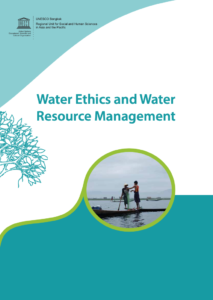| The Master of Science and Technology for Sustainability (MS) program is a master’s degree program intended to prepare students to apply sustainability theories, concepts, principles and approaches for roles as professionals and community leaders to build sustainable communities. Students will learn academic and technical skills, as well as ethical insights into the complex interplay of social, economic and environmental problems in the world to help them analyze and understand sustainability challenges at local, regional and global levels and scales to propose innovative social, technical and institutional solutions. The program will draw upon the wide international experience of the faculty of AUSN, as well as their multidisciplinary qualifications. Students will take half their credits in compulsory courses, half their credits in elective and optional courses and 6 credits of required supervised dissertation work to complete the degree program. | Download the full program pdf file
|
| Curriculum | |
| To complete the Master of Science and Technology for Sustainability (MS) program, students must satisfy the MS course curriculum, which requires a minimum of 32 semester credit hours. The MS program can be completed by either full-time or part-time study, and accordingly, can be completed within one to two years of study (480 clock hours of instruction). |
Compulsory Courses (20 credit hours)
|

Follow the link to view some example video lectures from many of these courses. ,
|
Elective Courses (select at least 12 credit hours)
|
|
| Required Core Competencies and the Syllabus of Courses are provided in the course description linked pdf file (AUSN-MSTS-Description). Further information on Admissions, Scholarships, other Degrees, dissertation titles, the Modality of the Lectures, Credit Transfer, and general information are provided on this website and in the Catalog. Inquiries to provost@ausovereignnations.org |
| Featured alumni from this program | |
| Dr. Leonard H. Le Blanc III, Thailand
Dissertation title: Ethical Considerations and Managing Refugee Populations due to Climate Change: A Historical Overview and Recommendations |
 |